After grappling with the devastating second wave of Covid-19, the Indian subcontinent is finally breathing easy with a downward trend of new infections. As we ease the restrictions, our minds are filled with all types of questions related to new variants, possibilities of third wave and most importantly, if the worst is yet to come.
Taking a cue from a famous quote by the great scientist Louis Pasteur , ‘chance favours only the prepared mind’, we need to be well-prepared to face the worst-case scenario. With the right approach and preparedness, we can douse the next wave and achieve herd immunity without inflicting many wounds.
To achieve that we have to follow science and listen to our experts. We need to look at the data coming from other countries, as it will tell us a lot about the nature and severity of a possible third wave.
One obvious fact that has emerged from the recent trends across the globe is that vaccines work. In fact, they work pretty well even against all the existing variants. Barring some recent sporadic outbreaks, Israel is standing tall among all the nations and has managed the subsequent waves very effectively by rapidly vaccinating the adult population.
The mighty US, which fared quite poorly in managing the first and second waves, ramped up its vaccination programme and currently seems to be gaining the pre-Covid era normalcy, with more than 60% of the adult population vaccinated with at least one dose.
The United Kingdom and Canada have also fared well in implementing their vaccination programme, subsequently managing the next wave. We are a country of 1.3 billion and achieving herd immunity through vaccination is a long road.
Lately though our vaccination drive has picked up and we are vaccinating an average 5 million doses each day from the day the government started its ambitious free vaccination programme on June 21. With this rate, the government aims to immunize the entire adult population by December 31, 2021.
This leaves us with a few more months to keep the infection in control and avoid resurgence of any new variant of concern. The recently notified variant of concern, Delta plus, has emerged as a major concern for the next few months. The government and health agencies have taken all precautions this time and declared it a variant of concern at a very early stage and instructed the state governments to take all measures to control the spread of this variant.
Until we achieve immunization, we must, as citizens, understand our responsibilities too. The one thing that this pandemic has taught us is that we must not let our guard down. Our reckless behaviour may force the governments to put strict restrictions, further debilitating our economy and causing bigger problems of unemployment and poverty.
We must contribute in this process by following strict mask mandates, social distancing and avoiding public gathering for next few months. The damage caused by second wave in rural areas is yet to be revealed completely. Another wave in our villages could create catastrophe. Rural health workers have dual responsibility.
First, they need to be vigilant and teach the people about Covid-19 related norms and the importance of observing symptoms regularly and reporting them at an early stage before spreading it to the community. Secondly, they have a bigger responsibility to break the chain of misinformation and work on the vaccine hesitancy of the rural population.
We must encourage people in our surroundings to take the vaccine at the earliest possible date and ensure the security of their lives and the lives of their loved ones.
Governments—both state and Centre—are doing their part with all precautions and speed. We need to supplement it by getting our act together as a disciplined citizen to defeat a perceived third wave and to avoid economic hardships due to inevitable lockdown.
(Dilip Kumar is post-doctoral research associate at Baylor College of Medicine, US, while Heera Lal is additional mission director, National Heath Mission, UP)



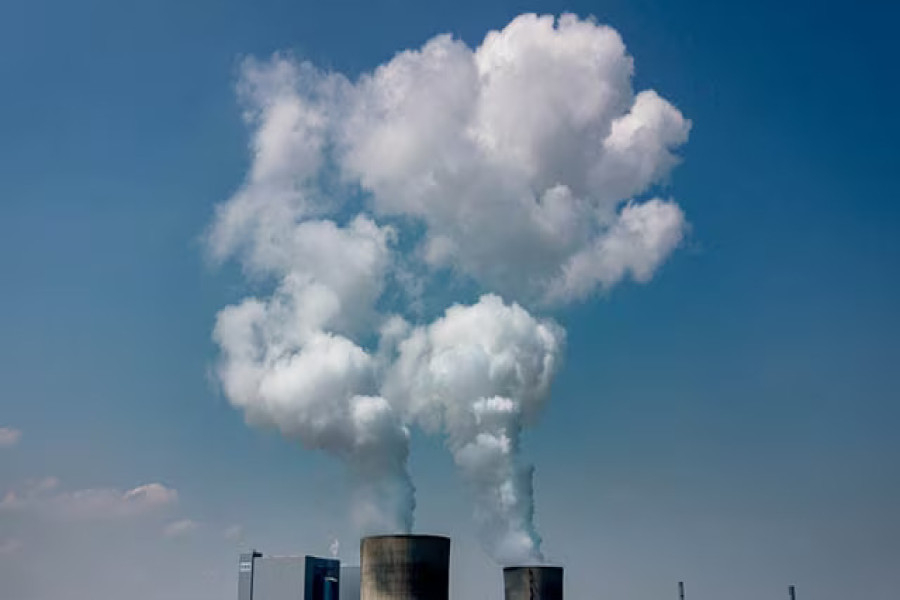


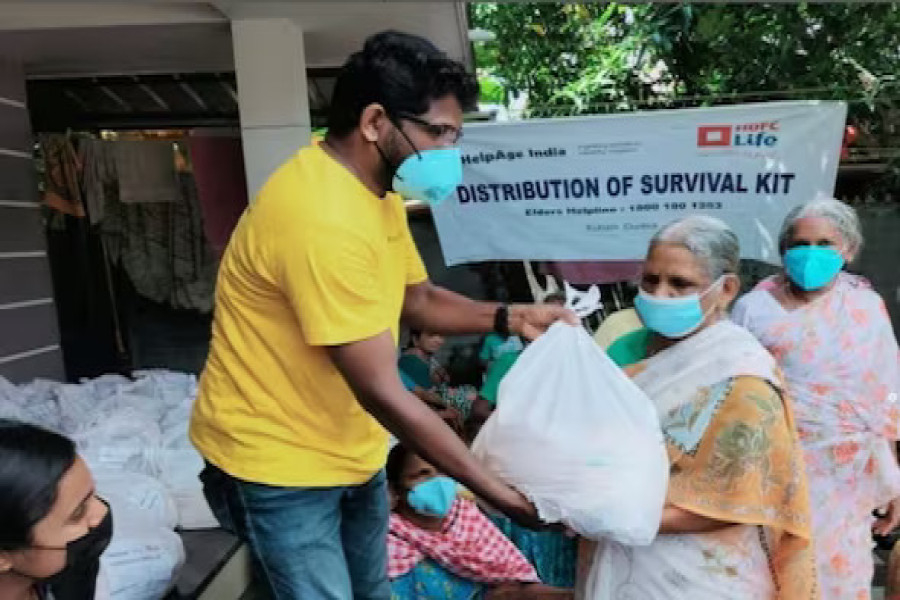


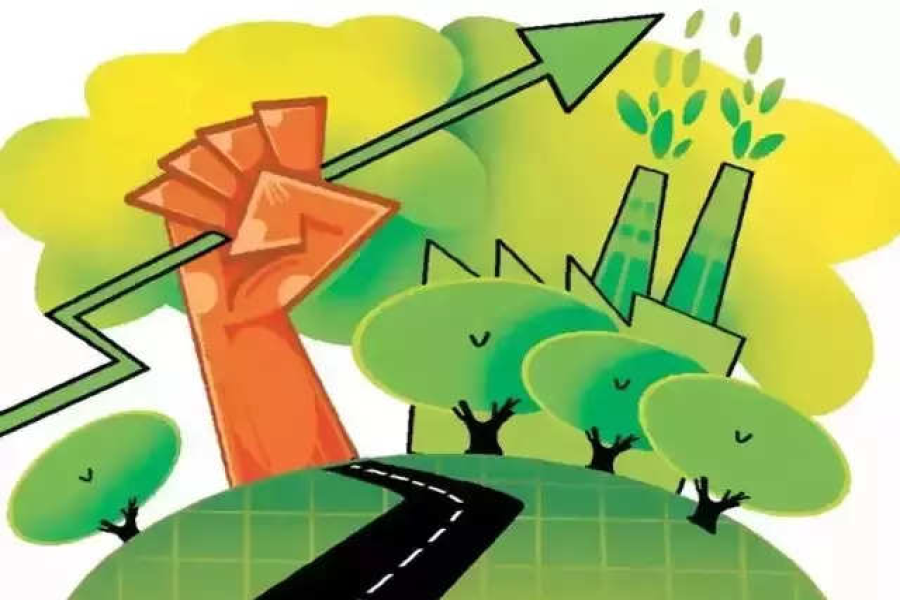

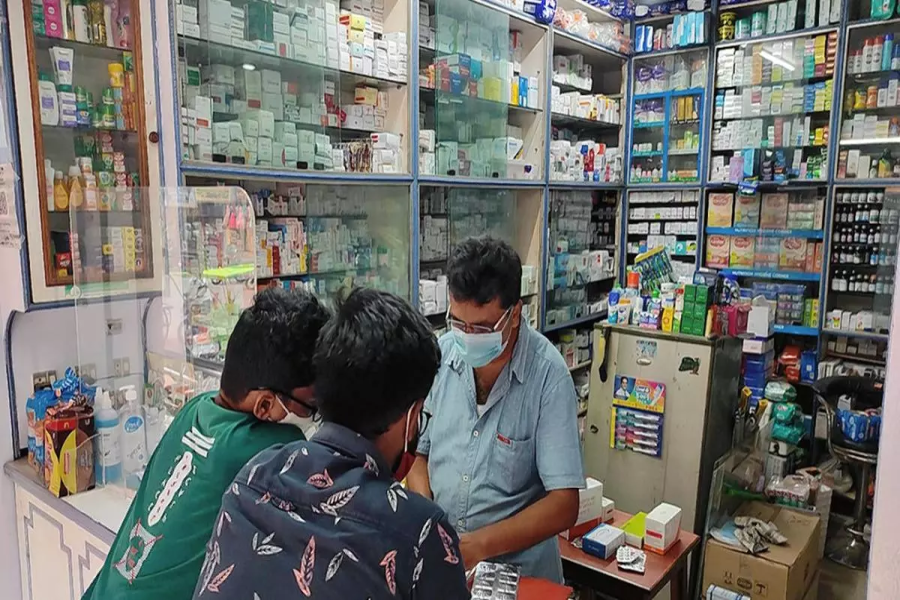
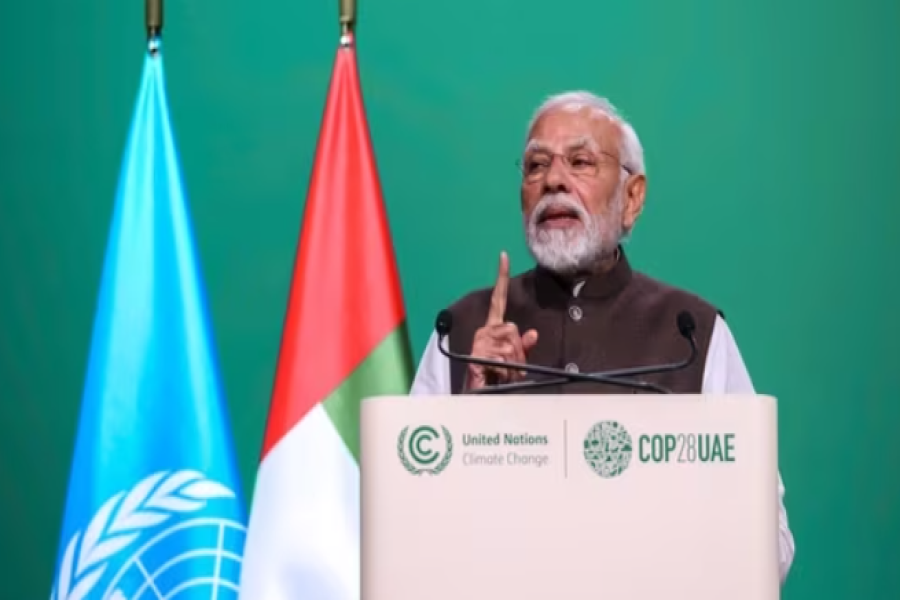
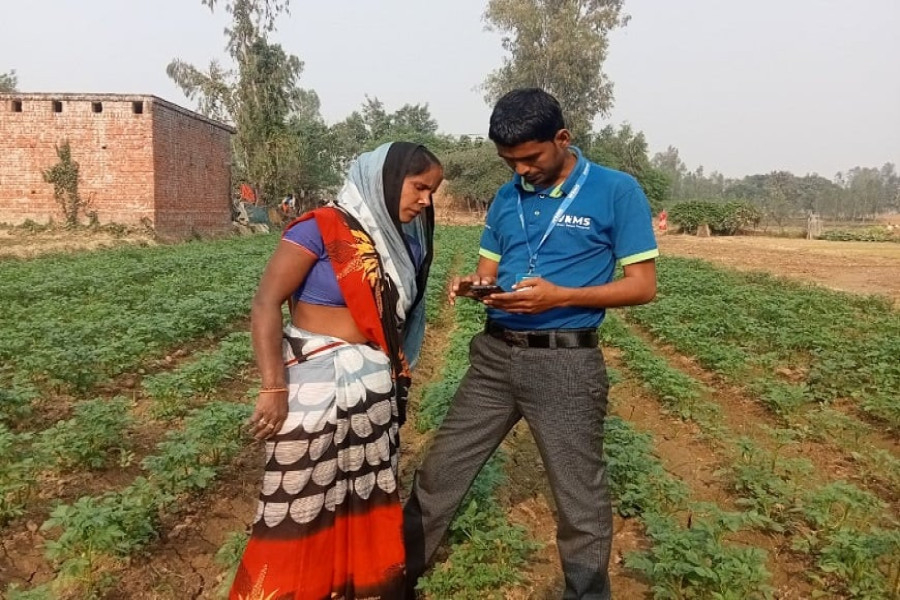
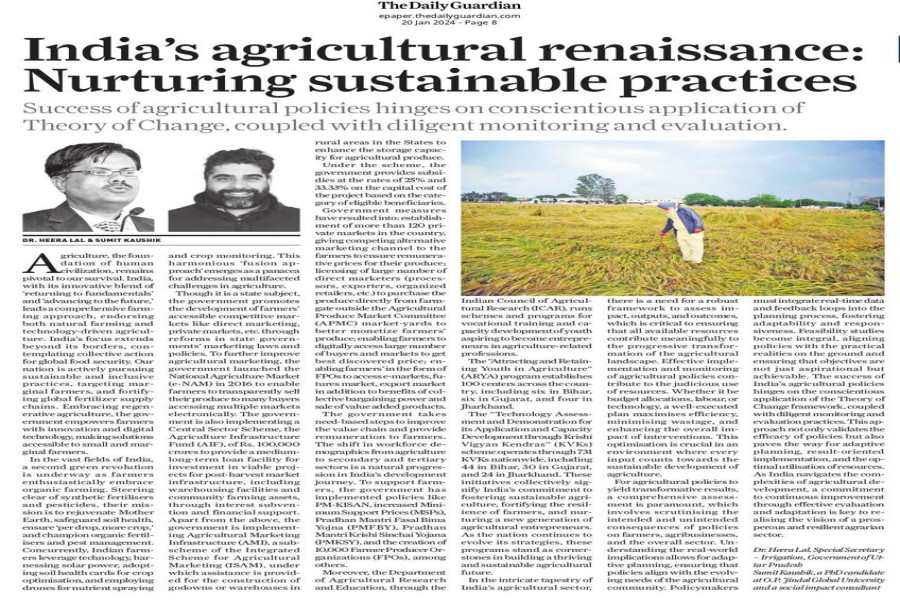




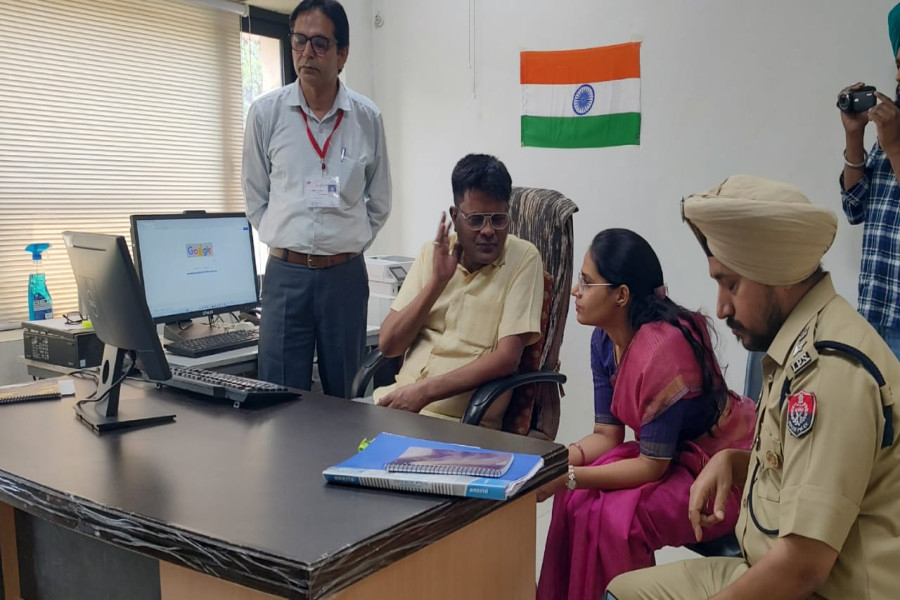


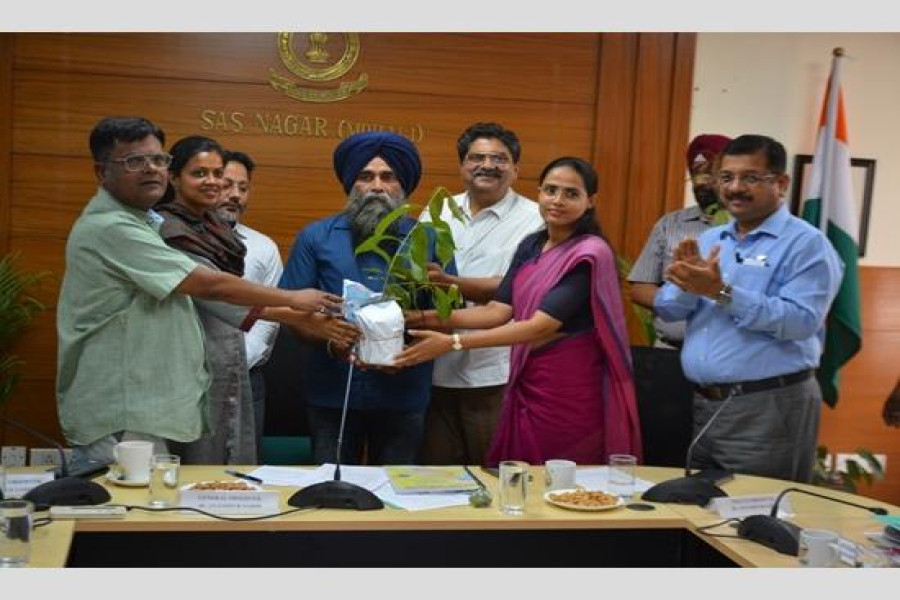

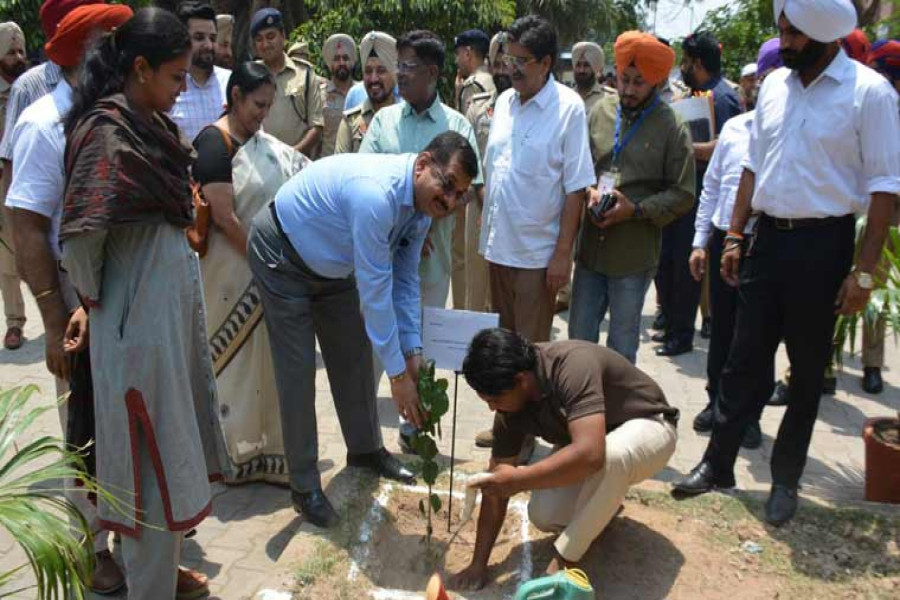
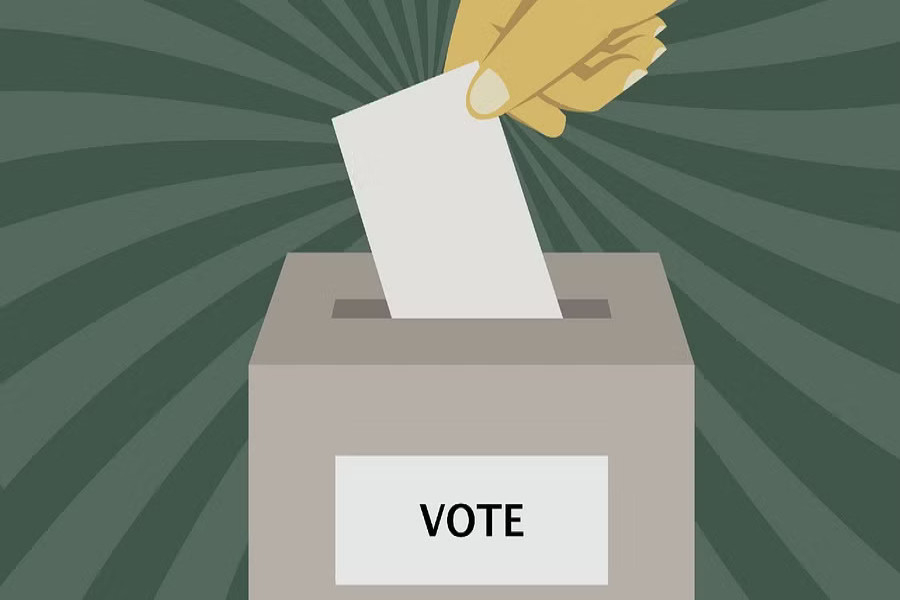

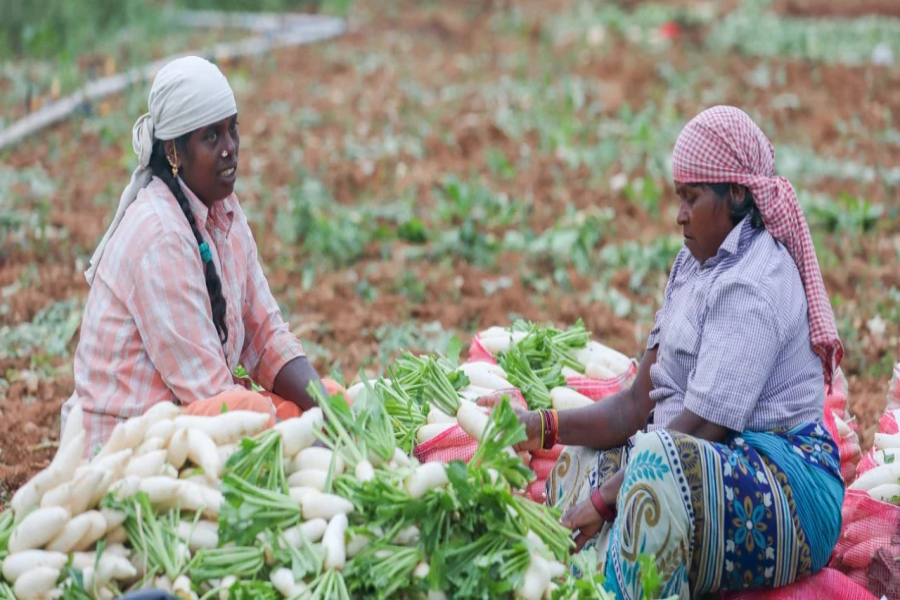


.jpg)